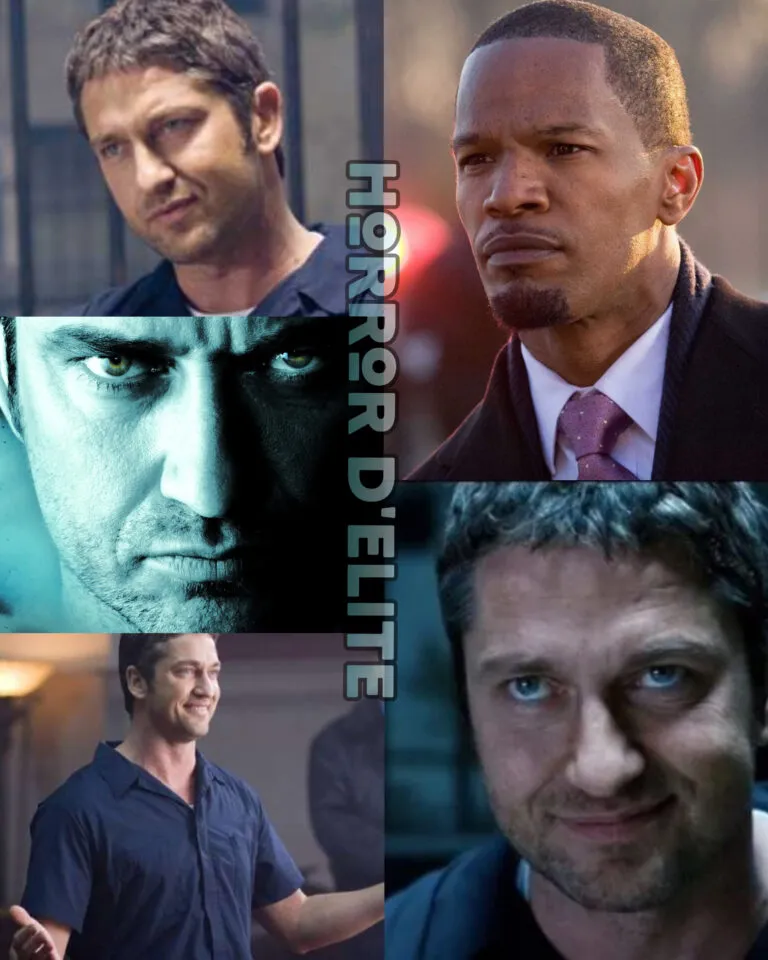Don’t be Bad
 Don’t be Bad
Don’t be Bad
by Claudio Caligari (2015)
Cesare and Vittorio, two close friends since childhood, navigate through drug dealing and petty crime towards a future that always seems to slip out of their hands.
Quote
“Oh, up close you look like a Martian.”
“You too. We’re two Martians.”
“Yeah, maybe! That would be nice.”
“But I think we landed on the wrong planet.”
(Cesare and Viviana)
 Who is the real bad guy?
Who is the real bad guy?
Cesare certainly isn’t. Maybe he’s a bit too impulsive, often raising his voice and never backing down from a fight.
In fact, more often than not, he’s the one starting the fight. With his somewhat arrogant and self-destructive behavior, and his constant need for money to get by, he can seem grumpy and undoubtedly has serious addiction problems.
But he certainly isn’t bad.
And what about his brotherly friend Vittorio? He too tries to get by, making ends meet with petty theft and working at a construction site. He seems calmer and more reflective than Cesare, less inclined to get into trouble. He also has a big drug problem and struggles for his future as best he can.
He isn’t bad either.
Nor are the supporting characters who move around aimlessly in that desperate universe that resembles the seafront of Ostia.
 They are small-time criminals involved in drug dealing, robberies, and scams. Or they are the protagonists’ women trying to save them by showing them a different path, an alternative.
They are small-time criminals involved in drug dealing, robberies, and scams. Or they are the protagonists’ women trying to save them by showing them a different path, an alternative.
Something worth living for.
And so maybe it’s the world that’s bad, especially in some hopeless peripheral contexts, where everything seems without prospects and without meaning.
Considerations
Claudio Caligari delivers his artistic testament to history. Non essere cattivo is his last work, completed by the director shortly before his death and released posthumously. It forms, along with the previous “Amore tossico” and “L’odore della notte”, a sort of trilogy.
 Caligari continues with his raw and realistic style, using authentic settings and direct language to tell the lives of the characters. He deals with themes of drug addiction and friendship without passing judgment, simply capturing a complex and desolate reality. At the same time, he is also capable of infusing some hope within a desperate picture, through Vittorio’s attempt at redemption. Non essere cattivo also contains moments of great emotion. For instance, the heartbreaking scene of the teddy bear wearing a t-shirt with the phrase that gives the film its title, or the emotionally powerful ending.
Caligari continues with his raw and realistic style, using authentic settings and direct language to tell the lives of the characters. He deals with themes of drug addiction and friendship without passing judgment, simply capturing a complex and desolate reality. At the same time, he is also capable of infusing some hope within a desperate picture, through Vittorio’s attempt at redemption. Non essere cattivo also contains moments of great emotion. For instance, the heartbreaking scene of the teddy bear wearing a t-shirt with the phrase that gives the film its title, or the emotionally powerful ending.
 This film has definitively cemented Caligari’s myth as a master of Italian realistic cinema. Acclaimed by critics, it has received numerous awards and recognitions and was the Italian candidate for the Oscar for Best Foreign Film. It also won the Nastro d’Argento for Best Film. The performances of the actors, particularly Luca Marinelli and Alessandro Borghi, were highly praised.
This film has definitively cemented Caligari’s myth as a master of Italian realistic cinema. Acclaimed by critics, it has received numerous awards and recognitions and was the Italian candidate for the Oscar for Best Foreign Film. It also won the Nastro d’Argento for Best Film. The performances of the actors, particularly Luca Marinelli and Alessandro Borghi, were highly praised.
Non essere cattivo is considered one of the most important works of Italian cinema in recent years.
It is seen as a worthy conclusion to Caligari’s career and a tribute to his ability to represent social reality with authenticity and emotional depth.
The film has helped to strengthen Caligari’s reputation as a director capable of giving voice to the marginalized and telling intense and human stories with a sincere and penetrating gaze.
 Among the film’s producers is also Valerio Mastandrea, a friend of Caligari, who personally completed the film’s realization after the director’s premature death. He even wrote a letter to Martin Scorsese in an attempt to seek help and create a small media buzz around the project.
Among the film’s producers is also Valerio Mastandrea, a friend of Caligari, who personally completed the film’s realization after the director’s premature death. He even wrote a letter to Martin Scorsese in an attempt to seek help and create a small media buzz around the project.
Non essere cattivo is a film absolutely worth seeing, perhaps the last great testament of a cinema that no longer exists.
Clicca qui per leggere il nostro articolo su Claudio Caligari


 Who is the real bad guy?
Who is the real bad guy?




